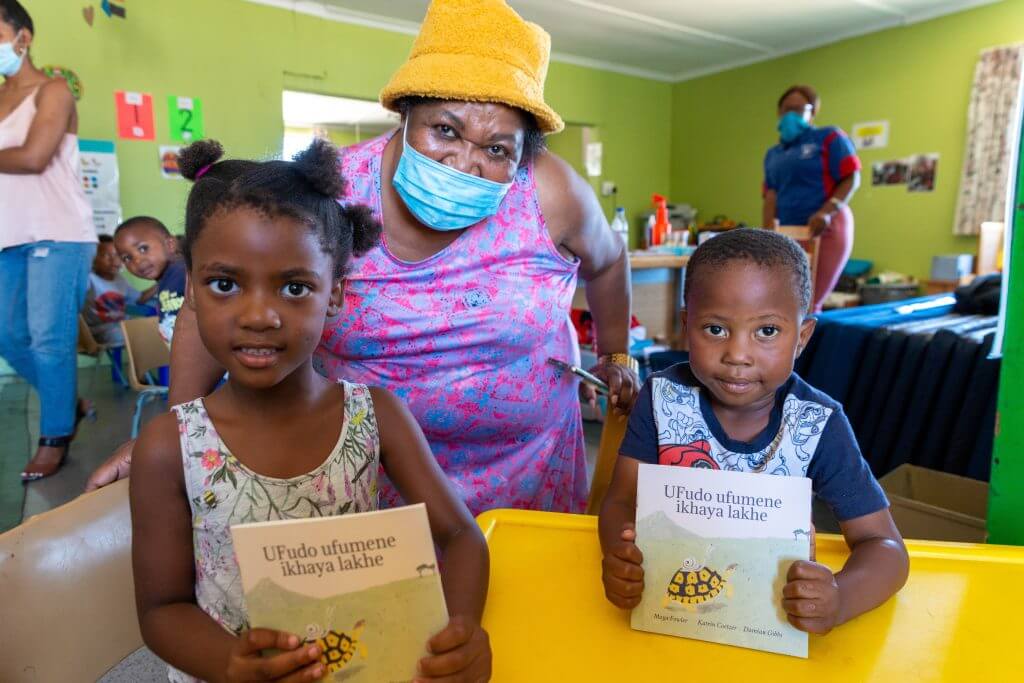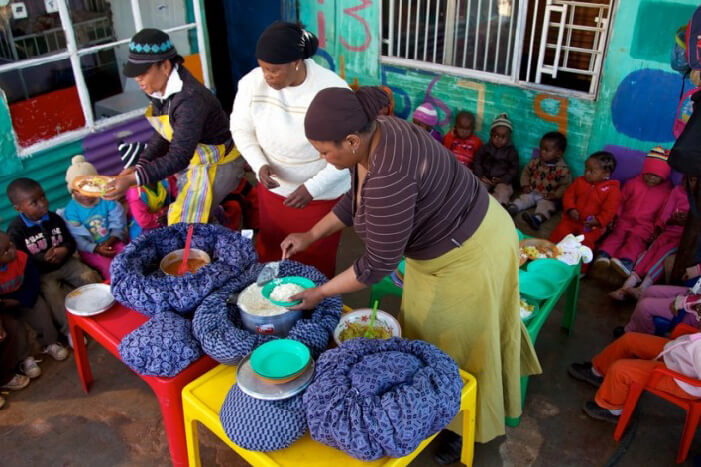Who is Responsible for Raising the Next Generation in South African Communities?
27 Jan 2023
When we talk about young children and whose responsibility it is to raise them, the simple answer is usually the parents. However, in South African communities, the answer is more complex, with families placing the role of caregiver on many different people and stakeholders to invest in the country’s future human capital. An ECD centre is a facility, usually based within a local community, where trained staff provide protection, care, and support to children between the ages of zero and six years old.
There are various stakeholders within an ECD centre ecosystem that help contribute to children’s growth – including principals, ECD practitioners and staff, various government departments, non-profit organisations, business, parents and the community at large.
The principal plays the role of a manager or supervisor at an ECD centre. They are responsible for most of the administrative, financial, legal, and management of the centre and staff. They often also plan the educational programmes and resources at the centre. The principal, who is usually a woman, is a leader in her own right, both as a business owner and as a role model for mothers in the community.
ECD practitioners and staff are responsible for planning lessons and teaching the children. They also take care and provide basic needs to the children during a school day. ECD practitioners can obtain a number of qualifications in early childhood development, childcare, and even first aid to ensure they have a broad skill set to care for the children.

Government departments such as the Department of Basic Education (DOBE), Department of Social Development (DSD), and the Department of Health (DOH) are also noteworthy stakeholders within the ECD sector, as they provide essential services and governance for young child services. The DOBE is directly responsible for developing the early learning curriculum, regulation, and registration of ECD facilities, among other responsibilities. The DSD is largely responsible for social support and care, child protection, child support grants, and supporting parents.
Non-profit organisations also contribute to building better tomorrows for young children through intervention and development programmes. For example, The DO MORE FOUNDATION supports 34,826 children monthly in six provinces by providing nutrition and food support when the children attend ECD programmes. The Foundation also facilitates community gardens in at-risk communities while ensuring that young children remain the primary beneficiary.

Businesses and corporations can also be ECD stakeholders and investors in the development of education in South Africa. Corporates invest in mostly education, social and community development, as well as health interventions. Founded by RCL FOODS, The Do More Foundation provides a unique opportunity for corporates to showcase a business argument for investing into the early years and quite possibly the future workforce of South Africa.
Lastly, as mentioned, parents are critical, as advocates and protectors of their children. Early Years Specialist at The DO MORE FOUNDATION, Pam Picken, said: “Primary caregivers (usually parents) are the most important people in the young child’s life. However, being able to give each little person the best possible start in life is a tremendous responsibility, and every parent needs support from many stakeholders from their community, government departments, business, NGOs and civil society.”
A new year brings about 12 months of potential for investment, support and participation into the lives of young children. As we know, it takes a village to raise a child. We all have a vital role to play in supporting this ecosystem, whether its finding ways for your business to #DoMore for ECD or simply supporting the parents around you. How will you play your part?